Abstract
Artificially intelligent machines do not need to rise to the level of human cognition, a fête popularized in science fiction, to cause irreversible harm. Due to the speed at which machines consume data and the automated programming that allows machines to “learn” from that data, machines do not simply surpass human computational abilities but can now rewrite their own code in response to their environments. Thus, machines now have the potential to make “judgments” that go beyond their programming.
This article focuses on those judgments that are based on machine learning, but which go beyond the basic programming of an algorithm, and in that sense are unintended by the creators of the artificial intelligence. We say artificial intelligence (“AI”) that is able to make judgments that go beyond initial programming has crossed the “Iudex Threshold.” Like human judgments, these machine judgments need to be constrained to comply both with laws and societal norms. Yet constraining machine judgments that cross the Iudex Threshold presents novel challenges. Too much constraint robs us of the benefit of an AI that learns and evolves—the very promise of machine learning. Too little constraint, and unanticipated harms will arise.
Link to Full Article:
Beyond the Iudex Threshold: Human Oversight as the Conscience of Machine Learning
